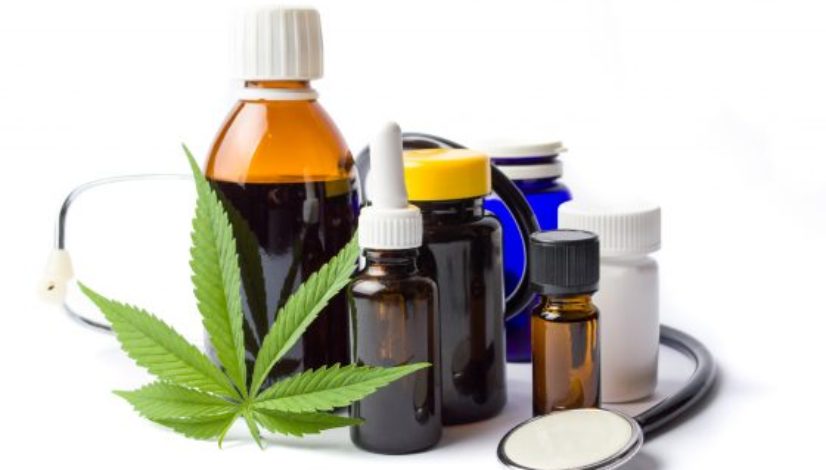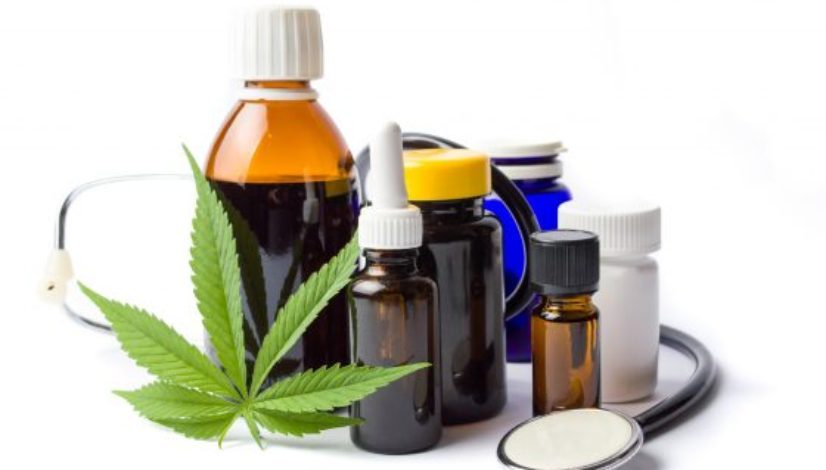What’s taking Louisiana’s medical marijuana program so long to get started?

Published: Oct 9, 2017, 3:07 pm • Updated: Oct 9, 2017, 3:37 pm
By Melinda Deslatte, associated Press
BATON ROUGE, La. — No purses or briefcases allowed. Only transparent trash bags can be used. Randomized routes and delivery times demanded for the product, moved in unmarked vehicles. Constant surveillance expected.
Piecing together a medical marijuana program in a conservative Southern state like Louisiana involves reams of regulations, tightly-controlled growing operations and a slow selection process for the primary players.
Patients eligible for the drug under a law passed more than two years ago remain an estimated eight to 10 months away from having therapeutic marijuana in hand, with growing facilities still to be renovated and dispensing pharmacies still to be chosen.
The facilities will face intense scrutiny — and the whole program faces a legislative review after it gets up and running to determine if it will exist beyond Jan. 1, 2020.
Louisiana lawmakers agreed to a framework for dispensing the drug in 2015, then tweaked the law by Republican Sen. Fred Mills, a pharmacist, a year later. The law will eventually get medicinal-grade marijuana to people with cancer, a severe form of cerebral palsy, seizure disorders, epilepsy, muscular dystrophy and other diseases. Marijuana can be available in medicinal oils, pills, sprays and topical applications, but cannot be sold in a form that can be smoked.
Related stories
- Louisiana’s medical marijuana patients could get access by mid-2018
- Key first step for Louisiana medical marijuana: Grower approved for LSU
- Louisiana Supreme Court chief justice blasts colleagues for upholding ‘ridiculous’ 18-year sentence for weed
- Louisiana police say weed found on 10-year-old in traffic stop
- Won’t work for weed: Court says no to lawyer who traded legal services for pot
Only the agricultural centers at LSU and Southern University are allowed to grow the medical-grade pot, overseen by Agriculture Commissioner Mike Strain’s department. The law allows only 10 pharmacies to distribute the medication to patients, chosen by the Louisiana Board of Pharmacy through a competitive bidding process. Doctors must get permission from the Louisiana State Board of Medical Examiners to recommend the drug for patients.
Both universities have selected vendors to produce the medicinal drug: Las Vegas-based GB Sciences for LSU and Lafayette-based Advanced Biomedics for Southern. Both schools expect to get millions from the growers over the first five years of production and to do research at the cultivation facility. No state tax dollars are involved.
While LSU has completed its contract, Southern is still finalizing the terms of its deal.
GB Sciences has chosen its production site in south Baton Rouge and will start renovating the 30,000-square-foot warehouse as soon as it receives a construction permit from the city-parish, said Ashley Mullens, with the LSU AgCenter.
“We’re hoping to have the product available next summer,” she said.
The Board of Medical Examiners has been processing applications and granting doctors permission to offer medical marijuana to patients. (Doctors won’t issue a prescription, but instead a “physician recommendation form.”) But no dispensing pharmacies have been chosen yet.
The Board of Pharmacy intends to issue one permit in each of the nine state-designated health care regions. The deadline to apply was Sept. 29. The board, which didn’t return calls for information, posted online that it expects to select the nine marijuana pharmacy permit recipients in January.
Mullens said the LSU AgCenter remains in constant contact with the pharmacy board to make sure the timelines coincide so LSU doesn’t end up “having product and no place to put it or them having pharmacies with no product to sell.”
The regulatory process is extensive.
The agriculture department alone issued 23 pages of rules for the medical marijuana growers “to protect the public welfare of the inhabitants of the state.”
Surveillance requirements are extensive, with cameras and a backup generator mandated, along with specifications for where cameras should be placed and synchronized. An inventory tracking system is required. Transportation to dispensaries is to be closely controlled, randomized and unrecognizable by vehicle. The product packaging can’t be attractive to children.
Under LSU’s contract with GB Sciences, the grower must hire the East Baton Rouge Parish Sheriff’s Office for two off-duty deputies during all hours of operation.
For the dispensing pharmacies, the facilities can’t sell any other prescription drugs, under rules established by the Board of Pharmacy. If a marijuana product is being discarded, a strict method is outlined for grinding up and getting rid of it. No public advertising through TV, radio or billboards will be allowed.
Louisiana lawmakers and the regulators they chose clearly realize how touchy the subject is when the state allowed a limited number of patients to use medical marijuana to ease their pain.
Follow Melinda Deslatte on Twitter: @melindadeslatte
Topics: Louisiana, medical marijuana, medical marijuana growers, regulations




